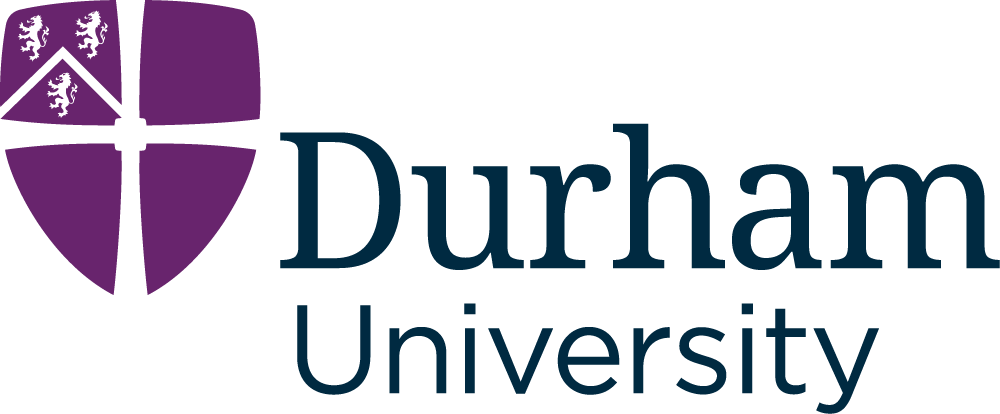



No seminars in the coming week. (Seminars only run sporadically outside term time.)
Click on series to expand.
Back to Homepage
Usual Venue: zoom
Contact: arthur.lipstein@durham.ac.uk
No upcoming seminars have been scheduled (not unusual outside term time).
Usual Venue: MCS3070
Contact: sabine.boegli@durham.ac.uk
No upcoming seminars have been scheduled (not unusual outside term time).
Usual Venue: MCS2068
Contact: andrew.krause@durham.ac.uk
No upcoming seminars have been scheduled (not unusual outside term time).
Usual Venue: MCS2068
Contact: herbert.gangl@durham.ac.uk
No upcoming seminars have been scheduled (not unusual outside term time).
Usual Venue: OC218
Contact: mohamed.anber@durham.ac.uk
For more information, see HERE.
No upcoming seminars have been scheduled (not unusual outside term time).
Usual Venue: MCS0001
Contact: inaki.garcia-etxebarria@durham.ac.uk,sunil.chhita@durham.ac.uk
No upcoming seminars have been scheduled (not unusual outside term time).
Usual Venue: MCS0001
Contact: sabine.boegli@durham.ac.uk,alpar.r.meszaros@durham.ac.uk
No upcoming seminars have been scheduled (not unusual outside term time).
Usual Venue: MCS3052
Contact: andrew.krause@durham.ac.uk
No upcoming seminars have been scheduled (not unusual outside term time).
Usual Venue: MCS3070
Contact: gabriel.fuhrmann@durham.ac.uk
No upcoming seminars have been scheduled (not unusual outside term time).
Usual Venue: MCS3070
Contact: daniel.n.disney@durham.ac.uk
No upcoming seminars have been scheduled (not unusual outside term time).
Usual Venue: MCS2068
Contact: martin.p.kerin@durham.ac.uk
No upcoming seminars have been scheduled (not unusual outside term time).
Usual Venue: MCS3070
Contact: andrea.grigoletto@durham.ac.uk,nakarin.lohitsiri@durham.ac.uk
No upcoming seminars have been scheduled (not unusual outside term time).
Usual Venue: MCS0001
Contact: silvia.nagy@durham.ac.uk,enrico.andriolo@durham.ac.uk,tobias.p.hansen@durham.ac.uk
No upcoming seminars have been scheduled (not unusual outside term time).
Usual Venue: MCS2068
Contact: kohei.suzuki@durham.ac.uk
No upcoming seminars have been scheduled (not unusual outside term time).
Usual Venue: MCS0001
Contact: raphael.zentner@durham.ac.uk
No upcoming seminars have been scheduled (not unusual outside term time).
Usual Venue: MCS3070
Contact: irving.d.calderon-camacho@durham.ac.uk,joe.thomas@durham.ac.uk
No upcoming seminars have been scheduled (not unusual outside term time).
Usual Venue: MCS2068
Contact: hyeyoung.maeng@durham.ac.uk,andrew.iskauskas@durham.ac.uk
No upcoming seminars have been scheduled (not unusual outside term time).
Contact: adam.stone2@durham.ac.uk
No upcoming seminars have been scheduled (not unusual outside term time).
These link to some of the special events hosted by the Department: